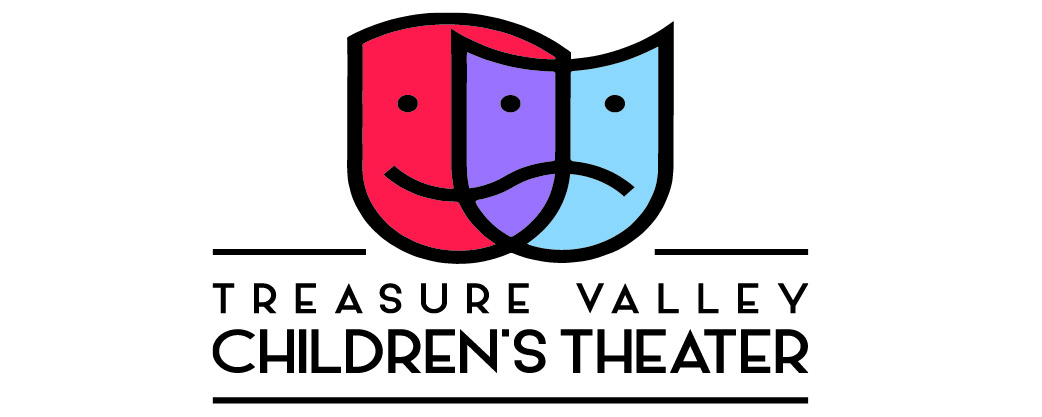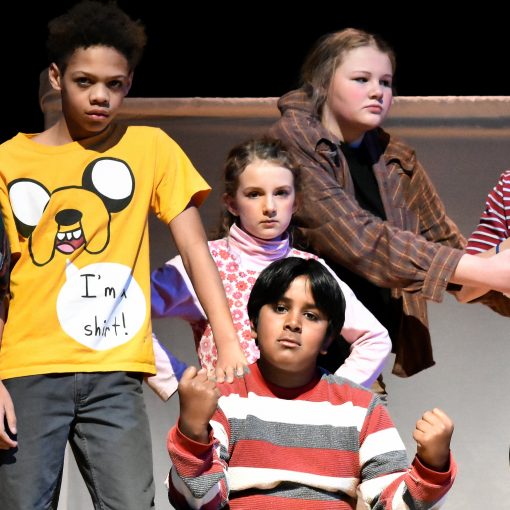REALITY CHECK: Disappointment is part of an Actors life. In fact, it’s part of REAL life.
As theater directors, educators and mentors we manage disappointment often. No one likes telling a 6 year old that they don’t get to be Peter Pan. But the fact is, only one (okay, sometimes two) kids in a theater class or audition get to be the lead. Sure, it’s disappointing when we don’t get something we want. But (Parents, I’m looking at you) shielding your child from the opportunity to learn how to manage disappointment is a HUGE disservice and the theme of today’s post.
Don’t get me wrong. I don’t seek to disappoint kids just so they can learn a life lesson. But when you work with over 1,000 kids a year, you’re going to encounter a few who are disappointed that they didn’t get the role they wanted.
So, how do we manage this?
At TVCT we prepare kids for the practical reality that they will most likely NOT get the role they want. We talk about it before we even audition – we ask them to explore their feelings and brainstorm the CHOICES they have when they are presented with disappointment. We revisit the possibility of disappointment after they audition and before casting is announced. We remind then that they can CHOOSE how they are going to respond. And we talk about the WHY –
There are so many reasons WHY you may not have been cast in the role. To name a few:
- You didn’t prepare. Preparation is one of the few things you can control in an audition (and in life).
- You were too short, or too tall, or too “something”. You can’t control what physical ideas the director has for the role you want. So, let it go.
- You just had a lead or really large role and it’s someone else’s turn. Youth theater is an educational tool to reinforce performance and life skills. If you think you’re going to get famous by being in a youth theater production and should, therefore, always have the lead, you should probably consult with an agent because this isn’t the right venue for you.
- You had a bad attitude at the audition or you were disruptive and disrespectful. You CAN control your attitude and how you treat others, including your peers and mentors. A bad attitude can and does effect casting, even in the professional theater world.
PARENTS: You hate to see your kid feel hurt, sad and disappointed. Of course you hate it! We don’t particularly love it either. But, these moments are fantastic opportunities to help your child make choices about how they will manage disappointment for the rest of their life.
Do you want them to grow up blaming others for their failures?
Do you want them to shy away from personal risks because they fear rejection?
Do you want them to go through life angry at everyone who ever said ‘no’?
These are rhetorical questions. Of course you don’t! You want the very best for your child! You want them to develop confidence, compassion, respect, commitment, courage. You want them to be enthusiastic about life and all the opportunities that will be presented to them! WE want the same things!
Theater education offers youth the opportunity to gain incredible life skills – including managing disappointment. These are skills that will help your child achieve all of their life goals. These are the skills that will help us change the world one theater kid at a time.



